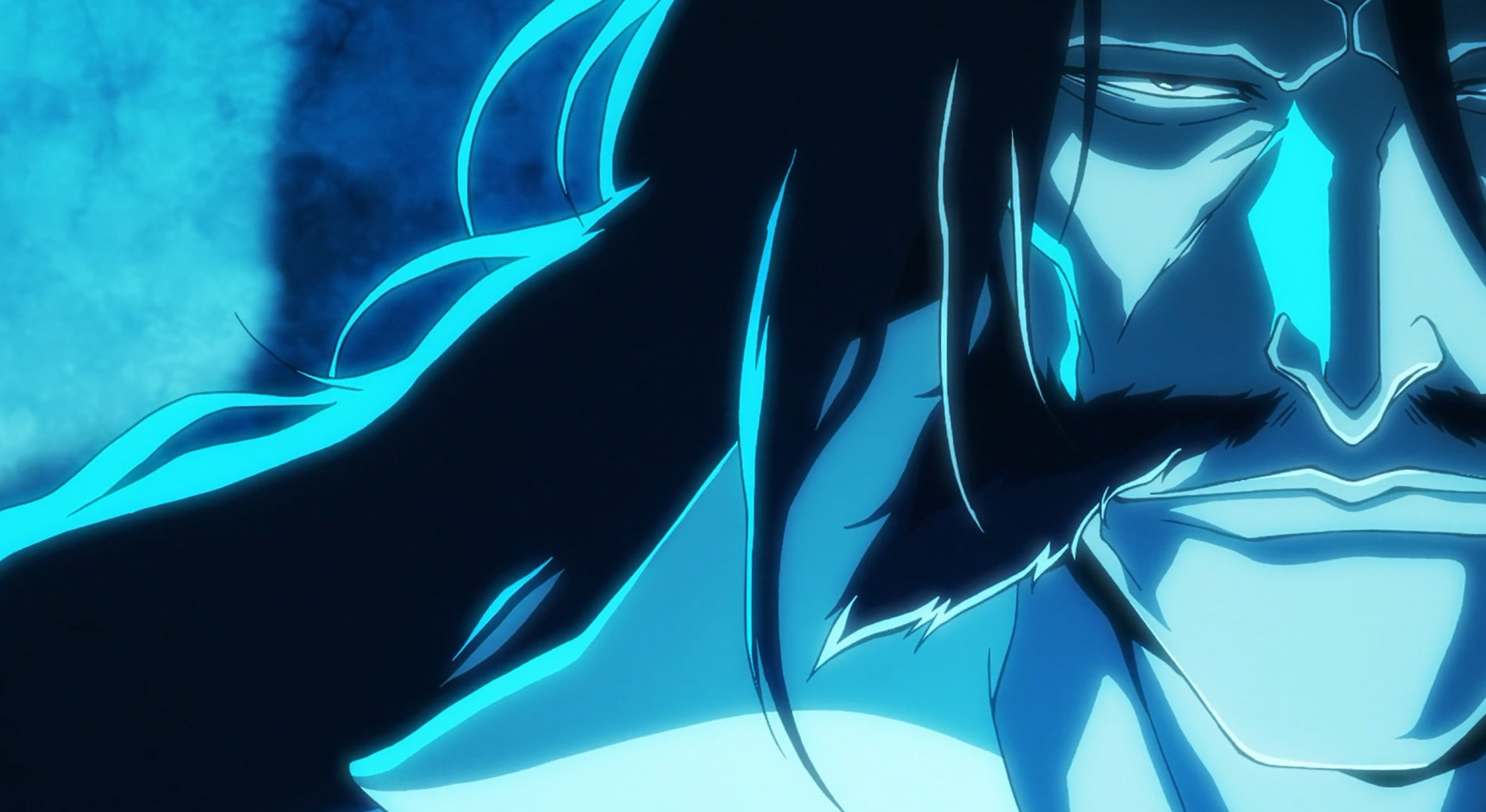At this point, I’ve talked about how some of the biggest franchises in anime really, really adore having some wordplay going on. I mean, it makes sense for a story that is focused heavily on building an entire universe around its story. Having things like different realms with specific languages unique to them adds so much more realism to a plot, making it feel much more immersive. Dragon Ball did that with something as simple as food allegories, and Bleach does it too! Though not with food.
By now, every anime enthusiast knows the deal with character naming in Bleach. Bleach has always borrowed from different cultures to build its world. But that’s part of the lore of the series, with names pulling from Germanic, Hispanic and various other roots to represent its diverse cast. But nothing confuses fans more than Yhwach, a sacred term in Hebrew that means God. And, well, Yhwach is regarded as a God-like being in Bleach lore so, it makes sense.
The mangaka for Bleach has never hidden the fact that he is influenced by the world around him. Tite Kubo has shown interest in art, history, and fashion long before Bleach became as popular as it did. And these interests of his get referenced through the worldbuilding in the series. From characters to their attacks and even the realms they dwell in, everything was so distinct from anything else available in manga at the time. Say what you will, but Bleach was one of the first to take a stance on the representation of characters that weren’t Japanese.
And now, here we are, years later, with a whole host of fans that don’t know how to pronounce a bunch of names in an entire fandom. That’s okay though because this is where you can learn the origins of one of the biggest villains in Shonen history and more. So, let’s discuss why Yhwach is named like he is, how its diction differs, and more!
Table of Contents
How Do You Even Pronounce Yhwach?
Let’s get one thing out of the way: the pronunciation of Yhwach was never confirmed by Kubo-san himself. Like, there are so many variations of it in the anime alone, thanks to the different dialects of the characters and their voice actors. And there isn’t just one voice actor per character, so it ends up sounding different both in the subbed edition and in the dubbed as well.
However, in the manga, it is revealed to be ‘You-Ha-Bach-a’, which is hard to understand but hear me out. Japan often twists foreign words into their own unique forms because certain sounds or consonants don’t exist in their lingua franca. For example, stretching the Ls in the rules to sound more like hard Rs because the L sound isn’t popularly used. Hence something like Rule becomes ‘Ru-rur’.
Similarly, Yhwach is transliterated into ユーハバッハ, which ends up sounding like Yūhabahha. Confusing? Yes. But languages tend to differ so much across the world, so it makes sense.
Juha Bach Or Yhwach: Why The Discrepancy?
We know now that Kubo-san doesn’t limit himself when it comes to exploring new elements. I mean, the man has admitted some of his names are purely there because he said they sounded unique, but Yhwach actually had a purpose.
The background of the character is that he was named by the community that revered him. After his soul was taken from multiple times, he was regarded as a God, as the YHWH. Which mimics the real-life beliefs of the Judeo-Christian faith. However, because of the age and ethnicity of the audience that Kubo-san started writing for, they wouldn’t be aware of how to pronounce these clearly foreign names.
Hence why, Yhwach, which is from the pre-Abrahamic Middle East, became Juha Bach in Japan. It was instantly easier to sound out, and then that form of the name became more popular amongst Bleach fans than how it was originally said in Hebrew.
So, all of this confusion over a single name? It’s all etymology!


















What do you think?
It is nice to know your opinion. Leave a comment.